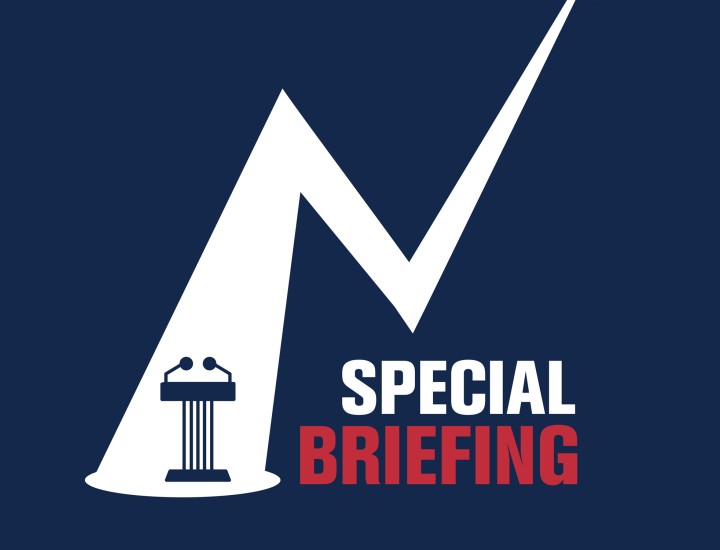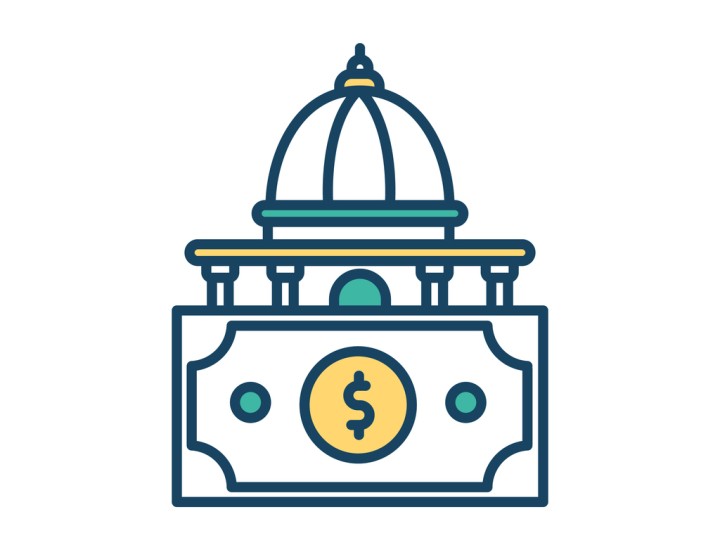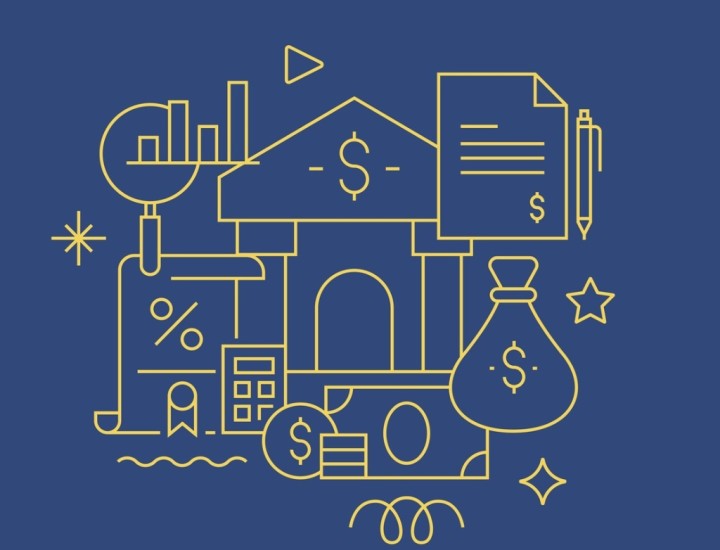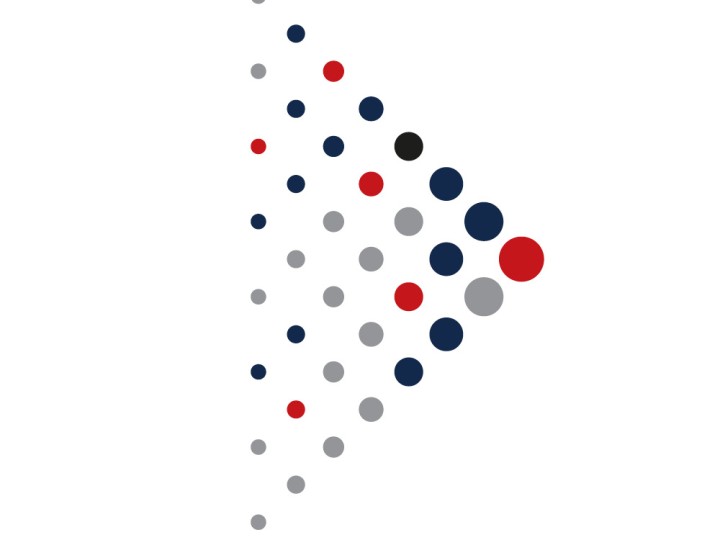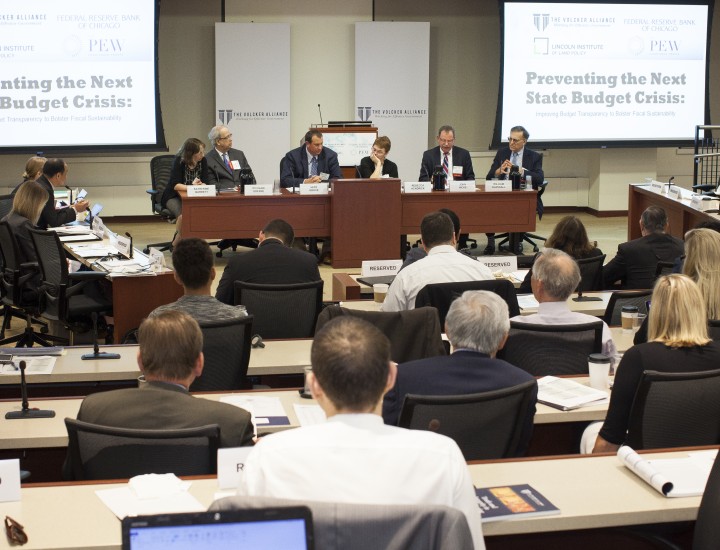State Tax Cuts After the Pandemic
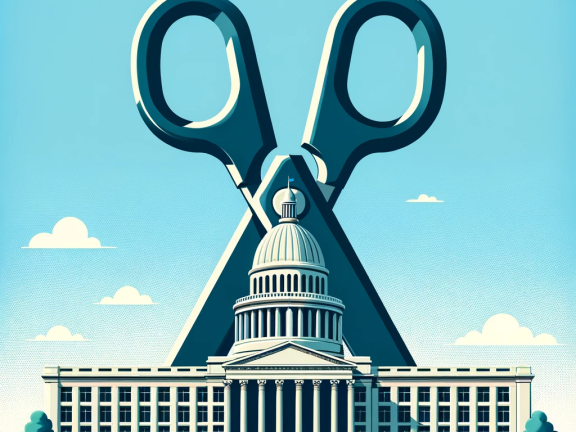
Strategies to Sustain Fiscal Health
The Issue Paper by Can Chen and Alex Hathaway, State Tax Cuts After the Pandemic: Strategies to Sustain Fiscal Health, is the latest in a series of Alliance issue papers on state and local budgeting in the COVID Era.
Following the unprecedented federal aid issued to offset the impact of COVID-19, state revenues and cash reserves reached record highs, and dozens of states embarked on the biggest wave of tax cuts in decades, slashing levies by at least $124 billion on everything from personal income to groceries and gasoline. Additional cuts were implemented in 2023, even though revenues had slowed as pandemic-related federal assistance tapered off. With the impact of the tax relief likely to stretch well into the current decade, states risk budgetary shortfalls and reductions in critical public services if revenues shrink by more than anticipated in future years.
The paper discusses whether these reductions can be sustained as revenues have begun to weaken despite the strong US economy, and focuses primarily on the two largest tax-relief categories - income and sales levies. The paper outlines key policy recommendations to help states avoid fiscal challenges stemming from these recent tax changes.
About the Initiative and Issue Paper Series
The goal of the Truth and Integrity in Government Finance Initiative is to help improve budgeting and fiscal sustainability in states by identifying practices that need improvement and providing concrete examples of best practices for all to follow.
The State and Local Budgeting in the COVID Era issue paper series builds on the work of previous research efforts to focus on the impact of the pandemic and ensuing recession and recovery on states and localities; explore how budgeting policies of states prior to the pandemic have impacted how well they were able to handle the crisis; identify risks and opportunities within states that will contribute to their ability to successfully recover from the financial impacts of COVID-19; and make recommendations for policy improvements that will contribute to the fiscal sustainability of states.
